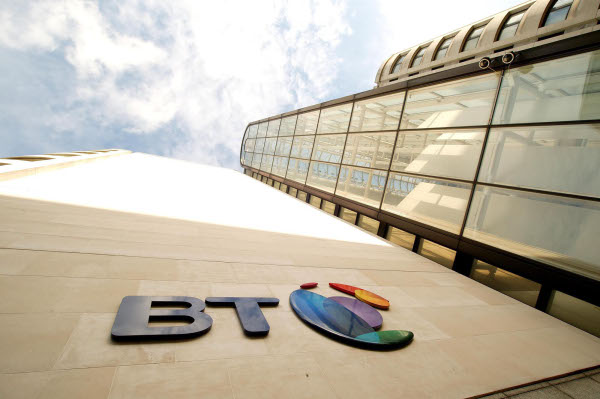Superfast broadband: Whitehall tells ISPs to crack the rural problem

Government wants to facilitate not fund the end of superfast broadband not-spots
After trumpeting its ambition for the UK to lead Europe in superfast broadband, the coalition government now has to work out how to turn the dream into a reality.
Culture secretary Jeremy Hunt yesterday revealed the first baby steps the coalition is taking on the road to a superfast broadband Britain - and reiterated the message that it will be expecting industry to do the heavy lifting.
"A genuine and long lasting economic recovery must have its foundations in the private sector," Hunt told an industry event in London yesterday. "When it comes to superfast broadband there is no question that the markets must lead the way."
Fibre is one technology suitable for delivering superfast broadband. However BT's current fibre broadband investment roadmap will only see it take superfast access to two-thirds of the nation by 2015. The telco has said its coverage will not extend beyond that without some form of public sector funding support.

BT's fibre investment plans don't stretch to the last third of the UK's population
(Photo credit: BT)
Rather than provide any extra funding to expand the rollout of superfast broadband, the government sees its chief role as a facilitator, finding ways to encourage the market to reach the last third of the population but also moving more government services online to help drive demand for broadband.
"We have also always recognised that government must do its part as well [as industry] to ensure that superfast broadband is available to the third of the population that the market may otherwise struggle to reach - to drive private sector investment by making the regulatory changes that will bring down the cost of rollouts and to drive demand up by using government services as a vehicle to speed take-up," Hunt said.
The government wants industry to suggest regulatory changes that might help superfast broadband extend out to commercially unattractive areas. It has launched a consultation - which runs until 16 September - asking industry to consider how infrastructure sharing could help and the main barriers to it, and whether the ability to share utilities infrastructure would help reduce the rollout costs of superfast broadband.
The coalition has also tasked Broadband Delivery UK - the body set up to oversee the delivery of the government's universal 2Mbps broadband and superfast deployments - with undertaking three superfast broadband trials to test the market in rural and remote areas.
"Our aim is to use these to discover exactly what...
...needs to be done to make superfast broadband commercially viable in rural communities as well as urban areas, and understand what kind of government support is likely to be necessary," said Hunt.
The culture secretary said he is in the process of deciding on the locations for the trials, adding the government is looking for areas that will enable different approaches to rolling out superfast broadband to be piloted. Procurement for the trials is due to start in the autumn, with the first projects set to be in place by July 2011.
Superfast broadband will be piloted in three rural areas next year
(Photo credit: Shutterstock)
Adrian Kamellard, CEO of Broadband Delivery UK, told the event that the organisation's working assumption is that it will have around £200m to deliver both the 2Mbps universal service broadband commitment and the three superfast broadband trials - money taken from the BBC's digital switchover fund.
"There may be more funding in future," Kamellard said. "That is for the politicians and policy makers to determine."
Asked why the coalition did not support the previous government's proposed funding mechanism for superfast broadband - the Next Generation Levy - Hunt claimed the £6 per year tax on telephones lines would have discouraged broadband take-up.
"It was the wrong way of putting public resource into this challenge and the reason it's the wrong way is because the government's own figures showed that up to 200,000 people might stop their broadband connection if the cost of broadband went up," he told silicon.com, adding: "There is also a lot of learning that we need to do about the correct balance of private sector investment and public sector investment."
Citing South Korea's superfast broadband network as an example of a network built with private sector money after the public sector created the right regulatory environment, Hunt continued: "95 per cent of the investment came from the private sector - it wasn't driven by the state... it happened because the government created the right regulatory framework. It also took a lead in stoking up demand from users and consumers and so that's what we are aiming to do, we want to be the most successful country in Europe."
The coalition has previously said that it wants the UK to have the best superfast broadband in Europe by 2015 - but how will the government define best?
"The two measures of 'best' that I think are reasonable are to do with the number of people that are connected to a network and also the speeds available on that network. The reason we haven't nailed our colours to a particular speed is that this is a moving feast and what people now consider to be slow was a few years ago considered to be very fast," Hunt said.
He added: "At the moment you need to be thinking of speeds of 50Mbps to 100Mbps upload and download, if we're going to be credible. And...whatever speeds that you have need to be boostable and expandable if we're going to have a properly future-proofed strategy."